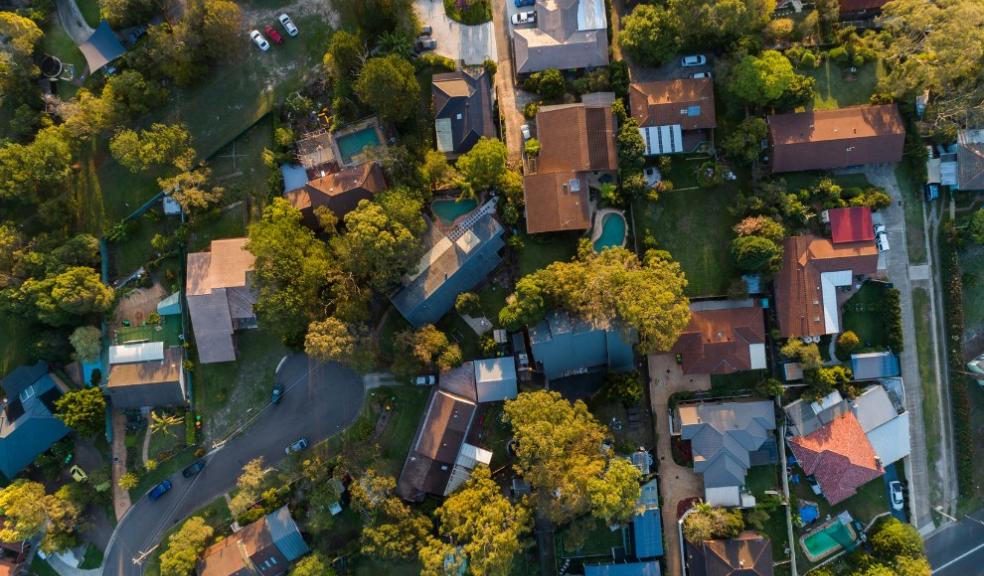
National Association of Property Buyers urges Bank of England not to hike interest rates
National Association of Property Buyers urges Bank of England not to hike interest rates
“In light of rising energy costs and indeed everything else as we approach winter, we hope interest rates are not increased.”
*National Association Of Property Buyers issues SOS to the Bank of England.
**They fear interest rate rises may push those ‘just about managing’ over the edge.
ONE of the country’s leading property associations has urged The Bank of England to axe any further planned hike to interest rates.
The National Association of Property Buyers (NAPB) believe such a move would help to reduce the chances of a house-market crash, which many fear could arrive as a result of the ongoing cost of living crisis.
Issuing an SOS to the Bank of England, the NAPB’s spokesman, Jonathan Rolande said: “Consumers have already begun to cut back on spending. This is exactly what the Bank of England wanted to see and we should now see inflation drop over the coming months.
“I hope that in light of increased energy costs and indeed everything else as we approach winter, interest rates are not increased. The mortgage market is split into three, with a third having no mortgage, a third on fixed rates and a third on variable rates.
Another increase in rates will only affect this smaller section of the market who are more than likely already cutting back on whatever they can. The very crisis caused by inflation may be key to the economy stabilising as all unnecessary spending stops. More interest rate rises may push those ‘just about managing’ over the edge.”
Mr Rolande said the current housing market, although still showing resilience, was lopsided.
“A healthy property market relies on a balance of buyers and sellers,” he said. “But in recent years the balance has tipped too far in favour of sellers. We need to see policies which help to tip this balance back in the other direction.’
The NAPB is calling for the Government to go further and faster in measures to help prevent a house market crash.
Mr Rolande added: “We need to start by reforming stamp duty. A positive step would be to see zero rates for pensioners moving downmarket in terms of bedroom numbers, reduced rates for those involved in buy to let transactions and zero rates for first time buyers in less affluent areas.
“We should also look toward selling disused council land for housing with a proviso it is built within one year. Where land is not bought by developers, councils should be encouraged to arrange build and rent programmes
“Finally, I’d like to see Ministers offer tax relief for landlords who commit to long term rental with sensible, set rent increases. Renting longer term is a greater risk for the owner so reward them for providing more security for tenants.
Mr Rolande’s comments come after experts said reports that the housing market could collapse as interest rates rise and the economy slips into recession may prove exaggerated.
House prices have soared due to near-zero interest rates and many assumed they would fall back to earth as mortgage costs finally start to rise.
Property is now less affordable than it has ever been, with the average UK property costing 9.1 times the average salary, against just 3.55 times 25 years ago in 1997.
The Bank of England has repeatedly hiked interest rates to curb inflation and this is driving up mortgage costs.
The average two-year fixed rate has almost doubled to 4.24 per cent, up from 2.24 per cent two years ago, latest Moneyfacts figures show.
Yet last week's energy price freeze by Prime Minister Liz Truss could cut the inflation rate by as much as 4 or 5 percent.
That would reduce the pressure on the BoE, although it is still set to hike interest rates at its next meeting on September 22.
Wages are rising faster than expected while unemployment has fallen to its lowest level since 1974.
It now stands at just 3.6 per cent in July, figures published yesterday showed.
This will reduce the number of forced property sales due to unemployment, while Halifax figures show prices rose another 0.4 per cent in August, and 11.5 per cent over the year.









